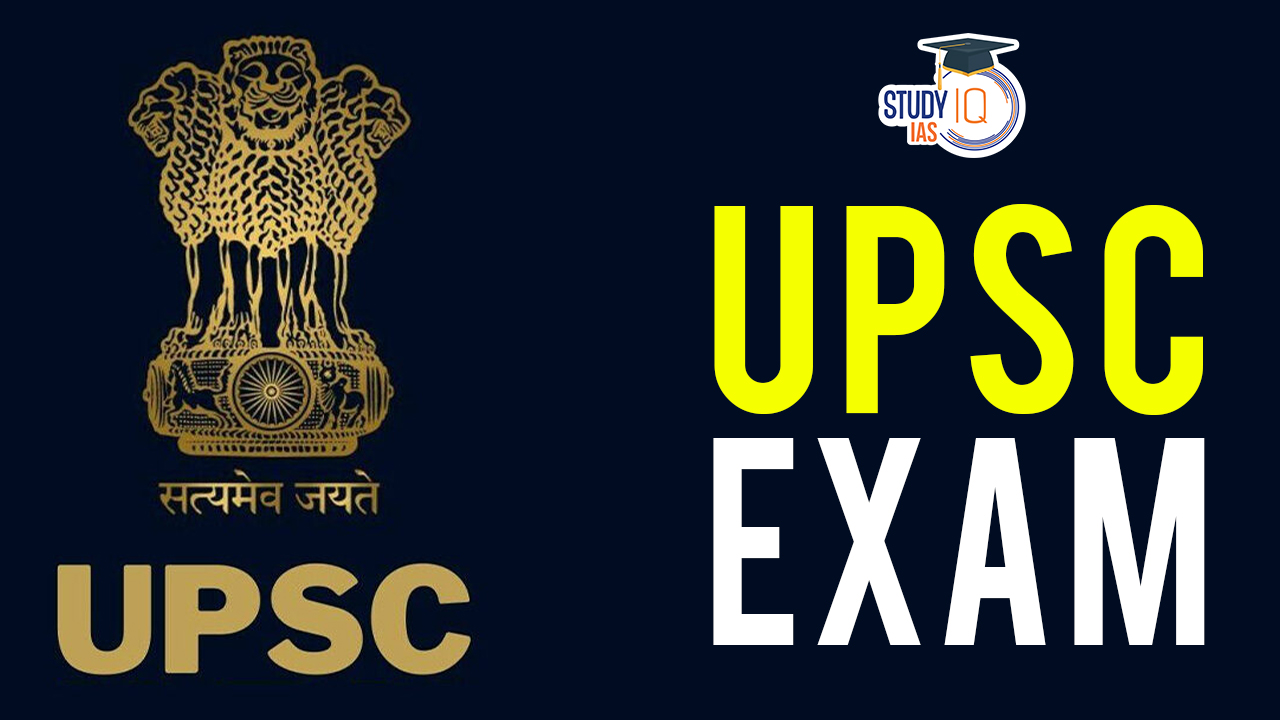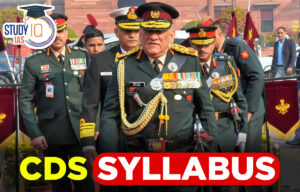Table of Contents
The UPSC Civil Services Examination (CSE) is one of India’s most prestigious and competitive exams, opening doors to a fulfilling career in services like the Indian Administrative Service (IAS), Indian Police Service (IPS), Indian Foreign Service (IFS), and many more. This guide offers detailed insights, expert strategies, and essential information to help you navigate the complexities of the exam—from understanding the eligibility criteria to mastering the exam pattern and syllabus.
Why Choose UPSC CSE?
The UPSC Civil Services Examination offers a lifetime of opportunities, not just for a stable and respectable career but also for the chance to make a significant impact on India’s governance and development. Here’s why aspiring candidates should choose the UPSC CSE:
- Prestige and Power: Civil services officers hold key positions in the government and are instrumental in shaping national policies and development.
- National Impact: IAS, IPS, and IFS officers serve in various capacities, from policy formulation to implementing schemes that affect millions of citizens.
- Job Security and Benefits: Government jobs offer financial stability, perks, pensions, and healthcare.
- Diverse Career Paths: The UPSC CSE opens doors to a range of services, including administration, law enforcement, diplomacy, and more.
Examination Pattern
The UPSC Civil Services Examination is conducted in three phases: Prelims, Mains, and the Interview (Personality Test). Below is a breakdown of each stage of the exam:
Preliminary Examination
The UPSC Prelims consist of two papers:
| Paper | Subject | Type | Marks | Duration |
| Paper I | General Studies (GS) | Objective | 200 | 2 hours |
| Paper II | Civil Services Aptitude Test (CSAT) | Objective | 200 | 2 hours |
- General Studies Paper I: Tests knowledge of Indian history, geography, economy, environment, polity, science & technology, and current affairs.
- CSAT Paper II: Assesses logical reasoning, comprehension, decision-making, and general mental ability.
Note: CSAT Paper II is of a qualifying nature (33% required to qualify). The marks obtained in Paper I (General Studies) will be considered for the final ranking in the Prelims.
Main Examination
The UPSC Mains consist of nine papers in total:
| Paper | Subject | Type | Marks |
| Paper A | Indian Language (any one language) | Descriptive | 300 |
| Paper B | English Language | Descriptive | 300 |
| Paper I | General Studies Paper I | Descriptive | 250 |
| Paper II | General Studies Paper II | Descriptive | 250 |
| Paper III | General Studies Paper III | Descriptive | 250 |
| Paper IV | General Studies Paper IV | Descriptive | 250 |
| Paper V | Optional Subject Paper I | Descriptive | 250 |
| Paper VI | Optional Subject Paper II | Descriptive | 250 |
| Paper VII | Essay | Descriptive | 250 |
- General Studies Papers (I-IV): Tests knowledge of Indian polity, geography, economy, science & technology, environment, ethics, and international relations.
- Optional Subject: You can choose one optional subject from a list of 48 subjects.
- Essay Paper: Assesses your ability to write structured essays on current affairs, social issues, and more.
Interview (Personality Test)
The final stage is the Interview, where candidates are assessed on their personality, decision-making ability, communication skills, and suitability for a career in public service. It is a 150 marks stage, and its primary goal is to evaluate your holistic potential as a civil servant.
UPSC Civil Services Exam Posts
The UPSC Civil Services Examination opens doors to several prestigious posts in the Indian Government. Some of the top services include:
| Post | Service | Role and Responsibilities |
| Indian Administrative Service (IAS) | IAS | Manage administration at the central and state levels, policy-making. |
| Indian Police Service (IPS) | IPS | Maintain law and order, oversee police administration and security. |
| Indian Foreign Service (IFS) | IFS | Represent India abroad, manage diplomacy and international relations. |
| Indian Revenue Service (IRS) | IRS | Oversee taxation, customs, and revenue generation in India. |
| Indian Audit and Accounts Service (IA&AS) | IA&AS | Conduct audits and manage public sector accounts. |
UPSC CSE Syllabus
The UPSC syllabus is extensive, covering a broad range of subjects that assess candidates’ knowledge and understanding. Here’s a summary of the syllabus:
Preliminary Examination (GS Paper I)
- Current Events: Current affairs of national and international importance.
- History: Ancient, Medieval, Modern Indian History, and Indian National Movement.
- Geography: Physical, Social, and Economic Geography of India and the World.
- Polity: Indian Constitution, Political System, Panchayati Raj, Public Policy.
- Economy: Economic and Social Development, Sustainable Development, Poverty.
- Environment: Biodiversity, Climate Change, Environmental Laws.
- Science & Technology: Developments in Science and Technology, Space, and IT.
Mains Examination (General Studies Papers)
- Indian Heritage and Culture: Art, Culture, History, Literature.
- Governance: Constitution of India, Political System, Rights, and Obligations.
- Social Issues: Poverty, Hunger, Health, Education, Gender Equality.
- Ethics: Ethical Governance, Integrity, Public Services.
- International Relations: Diplomacy, Bilateral and Multilateral Relations.
- Indian Economy: Growth, Development, Challenges, and Opportunities.
- Science and Technology: Information Technology, Biotechnology, Space Science.
Eligibility Criteria for UPSC CSE
To appear for the UPSC CSE, candidates must fulfill the following eligibility criteria:
| Criteria | Details |
| Nationality | Indian, or Nepalese/Bhutanese, or Person of Indian Origin (PIO) |
| Age Limit | 21 to 32 years (Relaxation for SC/ST/OBC candidates) |
| Educational Qualification | A bachelor’s degree from a recognized university |
| Number of Attempts | 6 attempts for General, 9 for OBC, unlimited for SC/ST candidates |
For detailed eligibility conditions, refer to the official UPSC notification.
How to Apply for UPSC CSE
The application process for UPSC CSE is online. Here are the steps:
- Visit the UPSC Website: Go to www.upsc.gov.in.
- Registration: Create an account on the UPSC portal if you are a first-time user.
- Fill the Application Form: Enter your personal details, educational qualifications, and exam preferences.
- Upload Documents: Submit scanned copies of your photograph, signature, and necessary documents.
- Pay the Application Fee: The fee can be paid through online banking, credit/debit cards, or cash deposit at designated bank branches.
- Submit the Application: Review the form and submit it. Print the confirmation page for future reference.
The UPSC Civil Services Examination is a rigorous yet rewarding journey, offering candidates an opportunity to serve at the highest levels of Indian governance. Understanding the exam pattern, syllabus, eligibility, and application process is crucial to your success. With StudyIQ’s expert resources, you can navigate this challenging exam with confidence and structure your preparation for optimal results. Start your UPSC journey today with StudyIQ, where success is just a step away!


 UPSC CAPF Interview 2024 Dates Out: Chec...
UPSC CAPF Interview 2024 Dates Out: Chec...
 UPSC Notification 2025: Download PDF, IA...
UPSC Notification 2025: Download PDF, IA...
 CDS Syllabus 2025, Download Subject Wise...
CDS Syllabus 2025, Download Subject Wise...





















